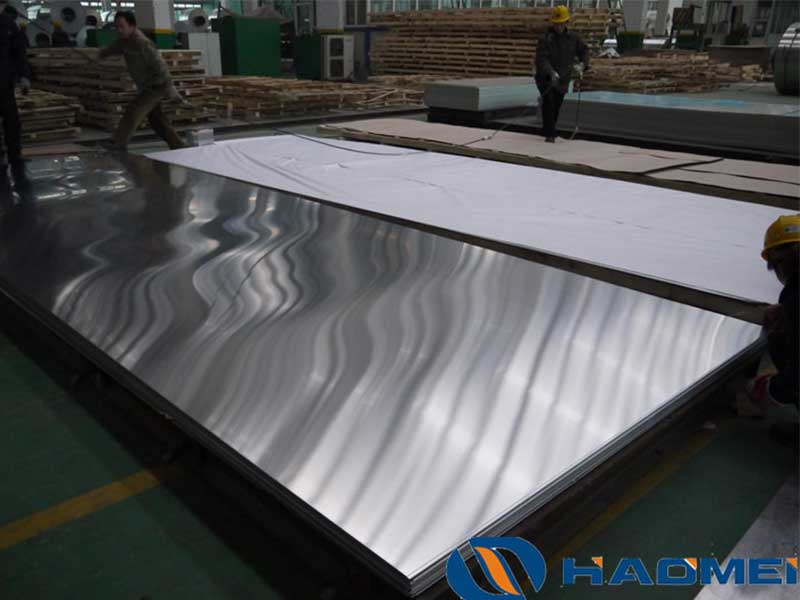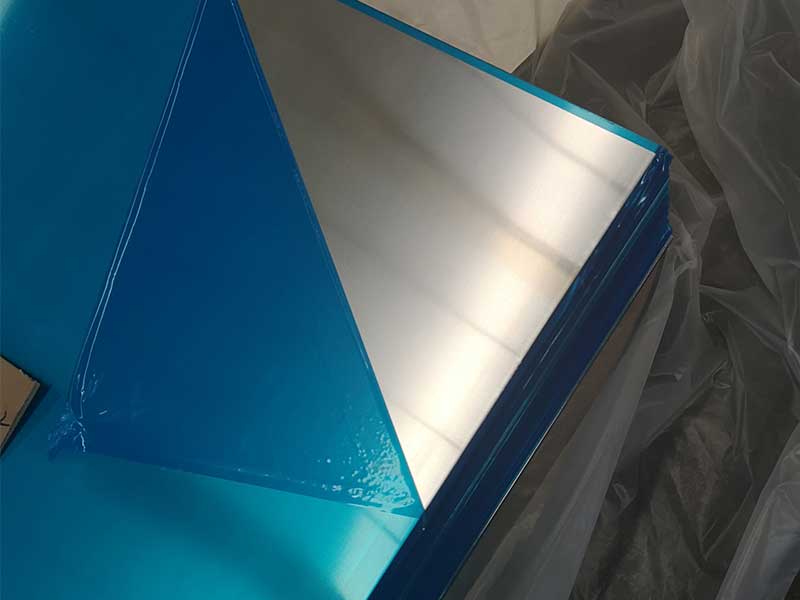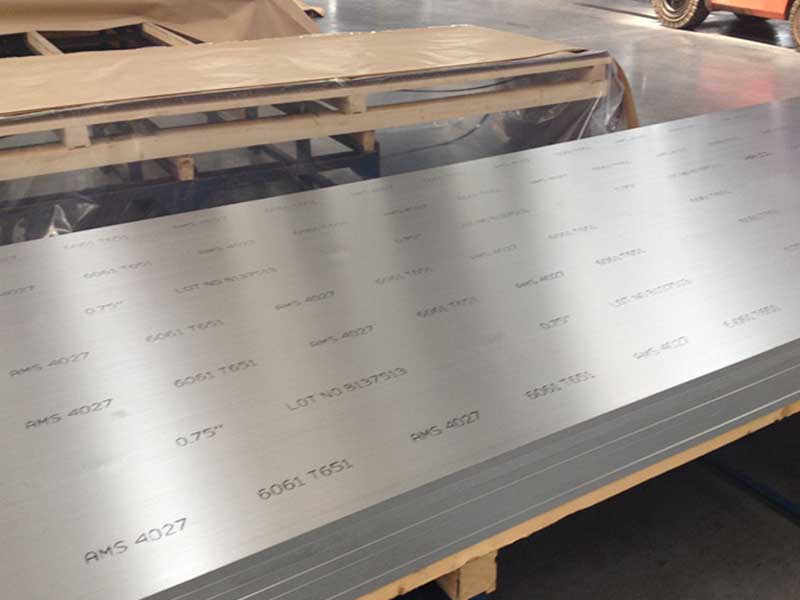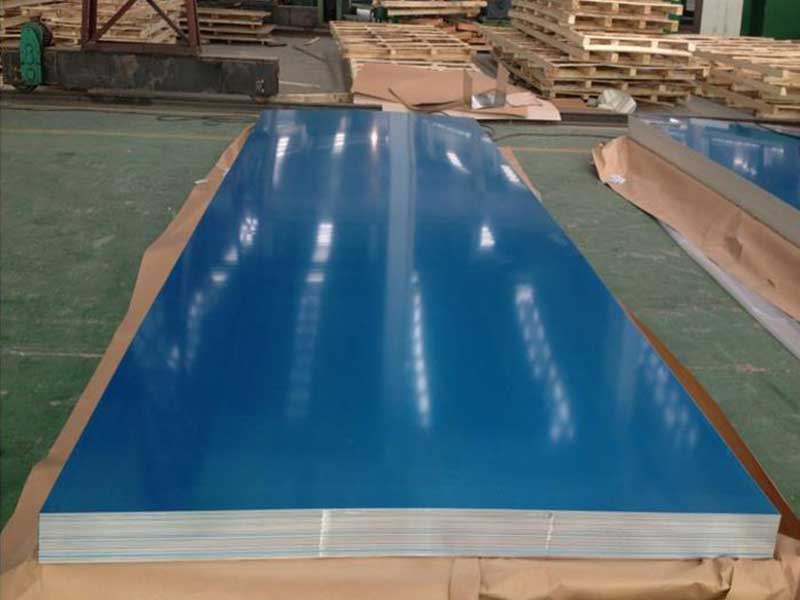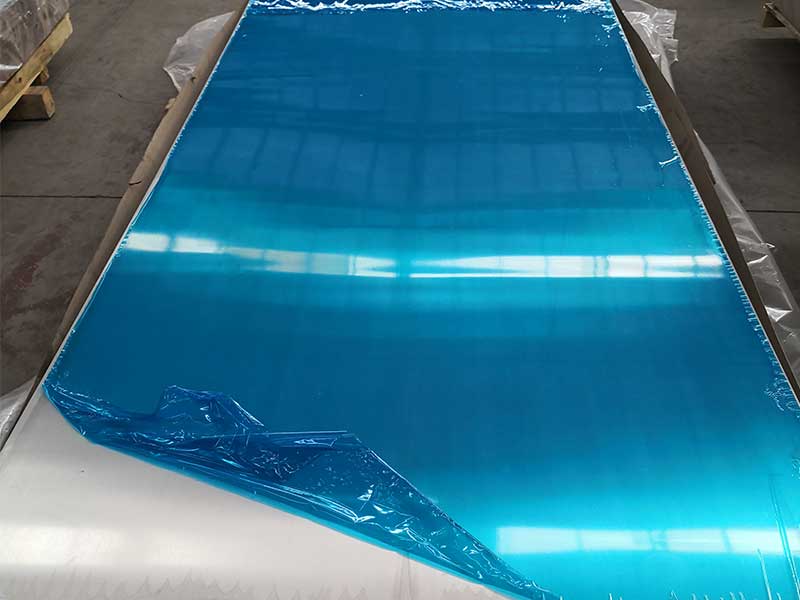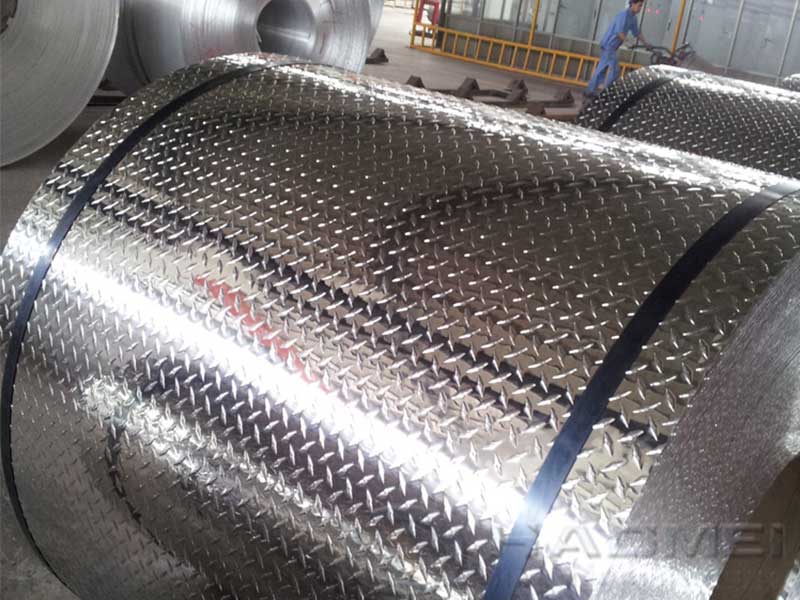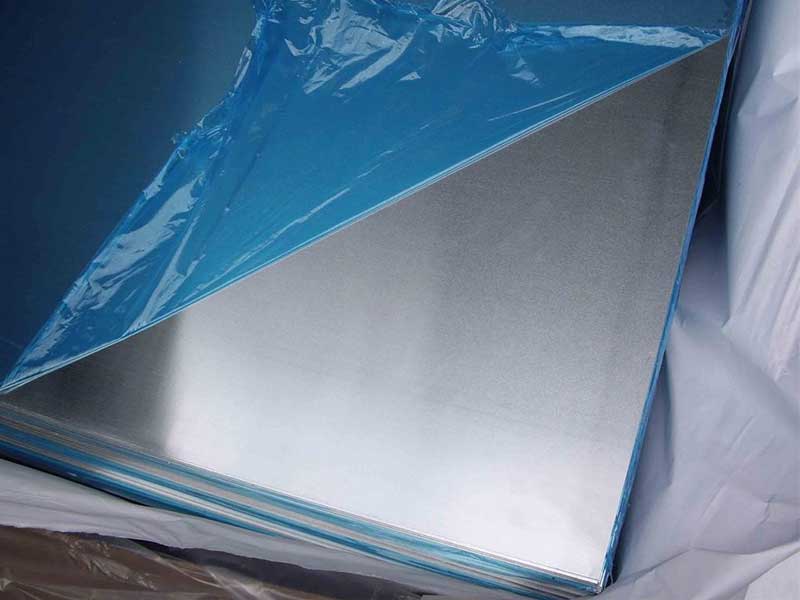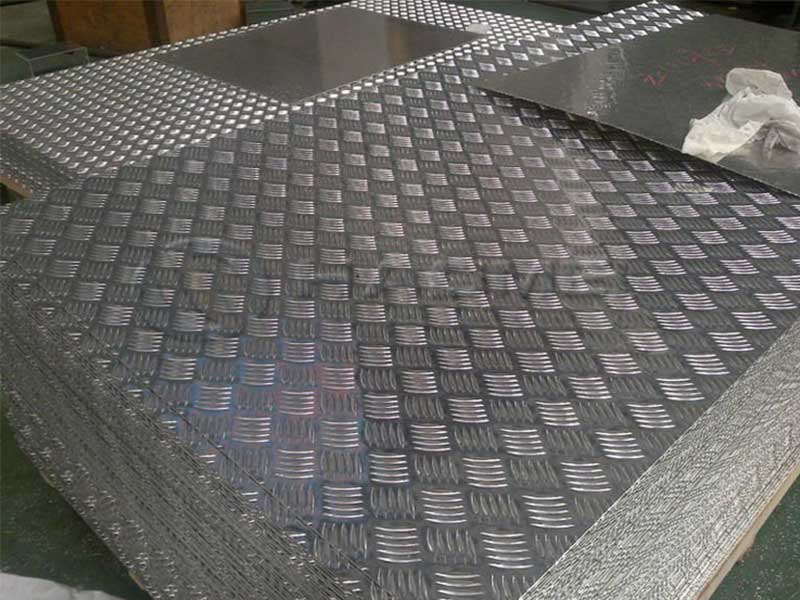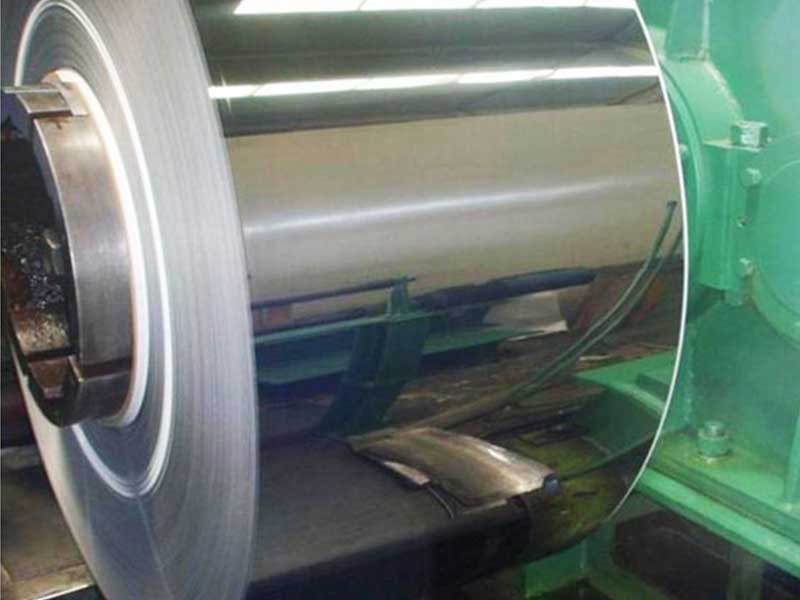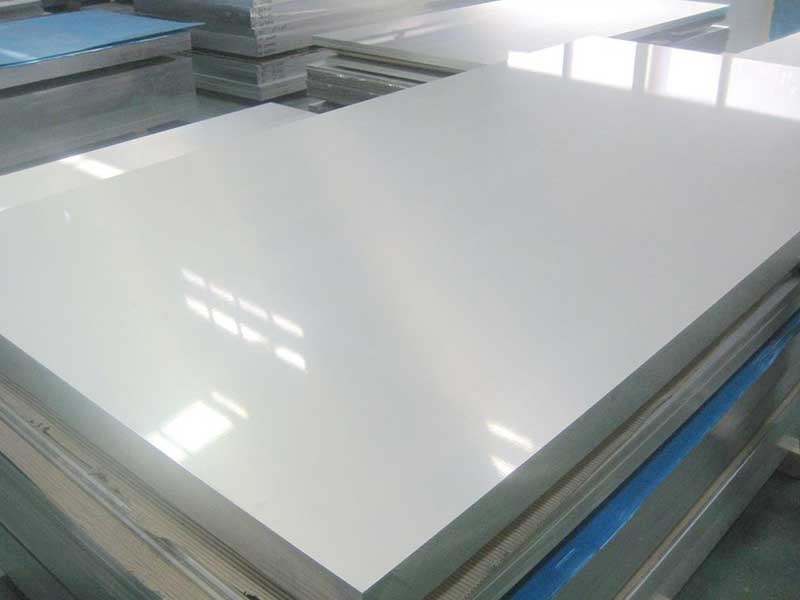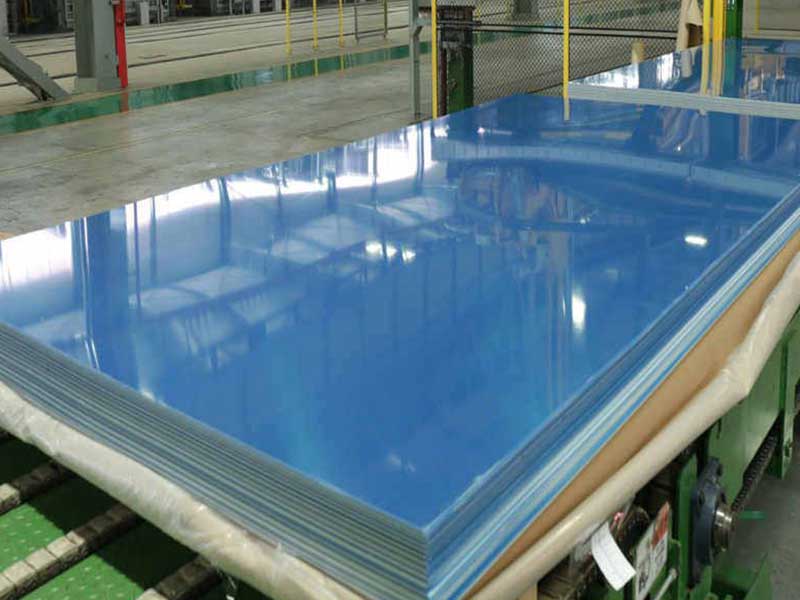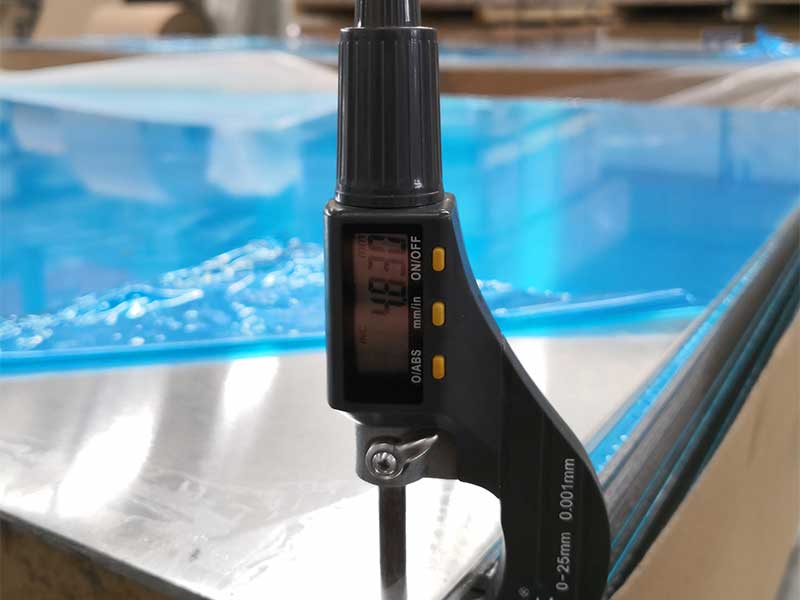2024-09-14 https://www.aluminum-coils.com/a/aluminium-sheet-metal-fabrication.html
Aluminum sheet metal fabrication is a crucial process in modern manufacturing that plays a significant role in various industries. From automotive to aerospace and even construction, the demand for high-quality aluminum sheets is ever-increasing thanks to their versatility, lightweight nature, and resistance to corrosion. In this article, we'll explore the ins and outs of aluminum sheet metal fabrication, including its applications, techniques, and advantages.
Aluminum sheets are thin, flat pieces of aluminum that can be fabricated into a wide variety of components. Available in different thicknesses, typically ranging from 0.008 inches to over 0.25 inches, aluminum sheets are often used in fabrication for friends and series production. Due to their malleability, aluminum sheets can be bent, shaped, and cut to meet specific project requirements.
Lightweight Yet Strong: Aluminum is known for its remarkable strength-to-weight ratio, making it ideal for applications where reducing weight is essential, such as in aerospace and transport.
Corrosion Resistance: Unlike traditional metals, aluminum sheets are highly resistant to corrosion, making them suitable for outdoor and marine environments.
Ease of Fabrication: The sheet metal can be easily shaped, welded, and joined with other materials, allowing for complex designs.
Recyclability: Aluminum is 100% recyclable without losing quality, making it an environmentally friendly choice.
Cost-Effectiveness: Although treated as a premium material, the long-term savings from reduced maintenance and superior durability often outweigh the initial investment costs.
Aluminum sheets are incredibly versatile and can be utilized in various industries, including:
Aerospace: Used in the manufacturing of parts and components for commercial and military aircraft, aluminum sheets contribute to weight reduction that improves fuel efficiency.
Automotive: The automotive industry leverages aluminum sheets for body panels, engine components, and structural frameworks.
Construction: In building facades, roofing, gutters, and downspouts, aluminum sheets are increasingly used for their durability and low maintenance.
Electronics: From housings for laptops and mobile devices to internal components of appliances, aluminum sheets enhance aesthetic appeal while providing thermal management.
Signage: The durability of aluminum coupled with the ease of printing graphics makes aluminum sheets the preferred material for outdoor signage.
Several methods are employed in the fabrication of aluminum sheets, including:
Cutting: Techniques such as laser cutting, water jet cutting, and mechanical shearing provide precise shapes and sizes for components.
Bending: Press brakes are commonly used for bending aluminum sheets, enabling manufacturers to achieve sharp and consistent angles.
Welding and Joining: Processes such as TIG welding and MIG welding are popular for fusing aluminum sheets together, ensuring structural integrity and durability.
Finishing: Various finishing techniques, such as anodizing or powder coating, enhance the visual appeal and corrosion resistance of aluminum sheets.
Stamping: This high-volume method is used to manufacture complex and accurate shapes from aluminum sheets quickly and efficiently.

